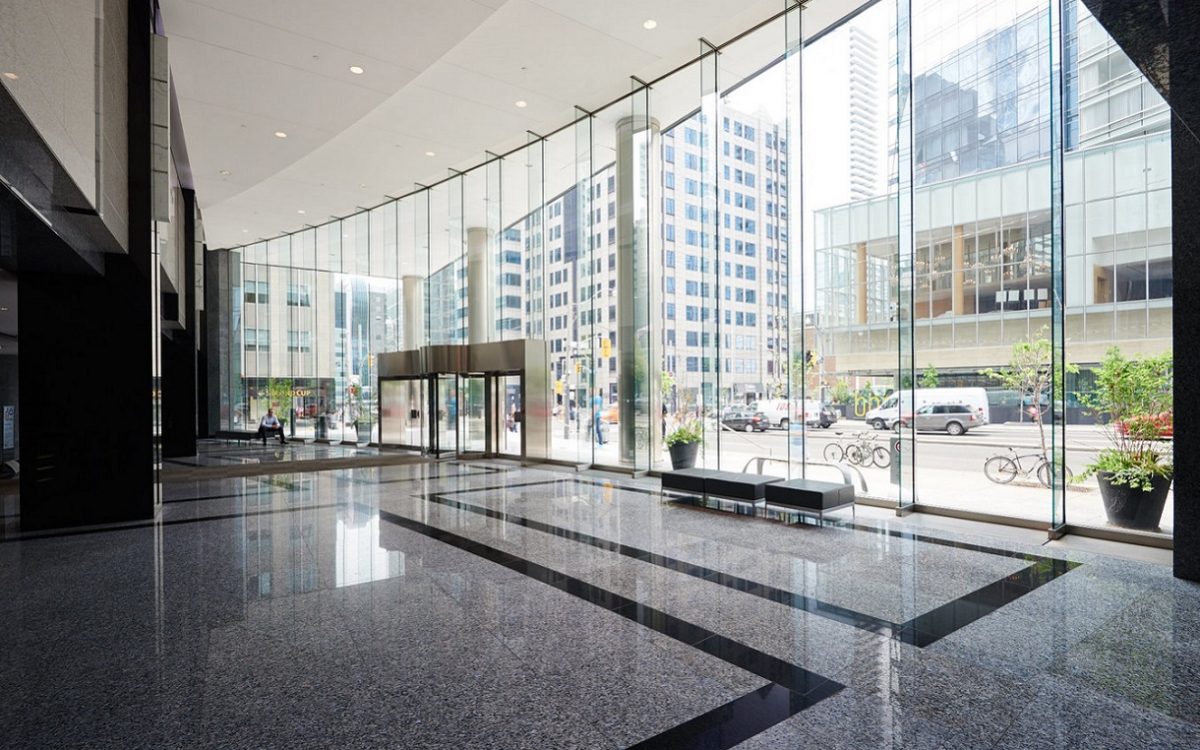The claimant appealed the Tribunal’s decision that section 31 barred her claim for IRBs. The claimant reported to her insurer that she lived in Windsor, rather than Toronto, when obtaining her auto insurance policy. The misrepresentation resulted in lower premiums. She was involved in an accident in October 2017. The insurer learned of the misrepresentation in December 2017, and charged the claimant back-premiums from the date she moved to Toronto, which the claimant paid. The claimant argued that the insurer waived its right to rely on section 31 exclusions once she paid the premiums. The Tribunal held that section 31 barred the claim, and held that it had no jurisdiction to apply equitable remedies. On appeal, the Court accepted that the Tribunal correctly applied section 31 of the SABS, but erred in failing to consider section 131 of the Insurance Act, which can excuse an insured from failing to comply with proper reporting in certain circumstances. The Court held that consideration of section 131 of the Insurance Act was not an equitable remedy, and that the Tribunal has jurisdiction to consider the Insurance Act as a whole, so long as its decisions are “in accordance with the SABS.” The matter was returned to the Tribunal to consider whether section 131 allows the claimant to receive IRBs despite the material misrepresentation.










